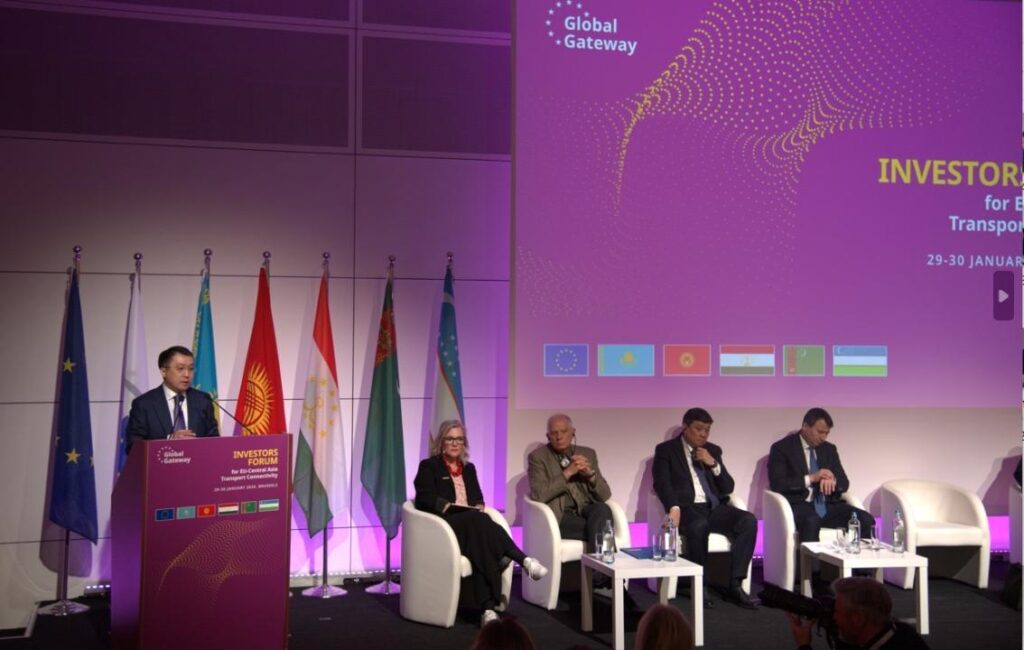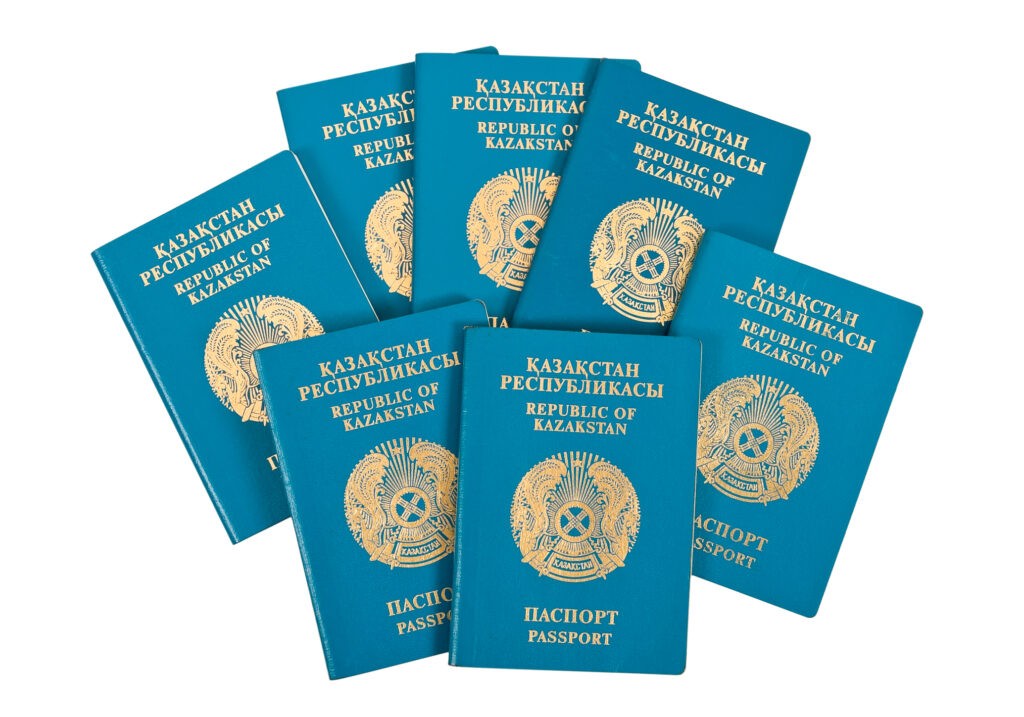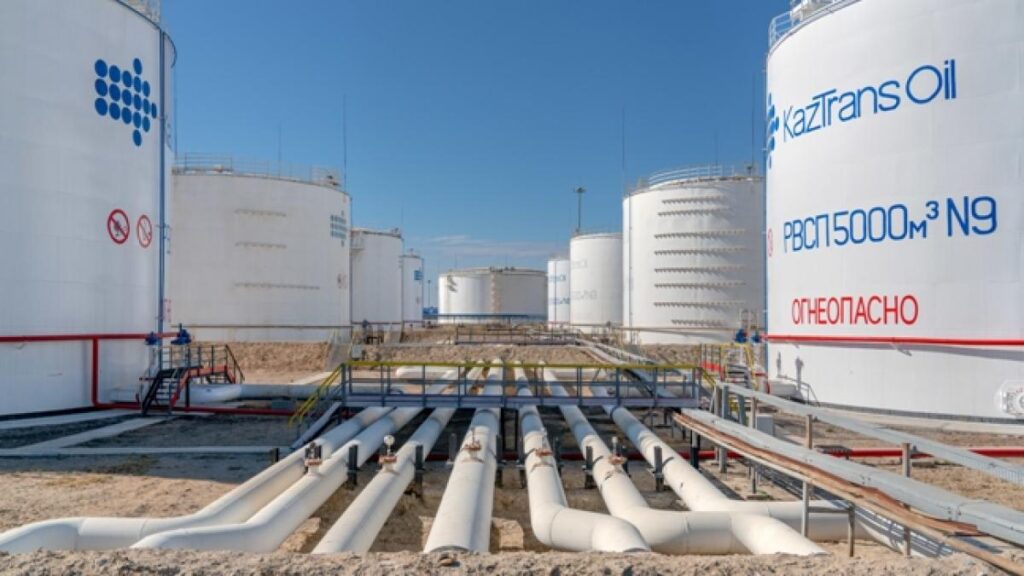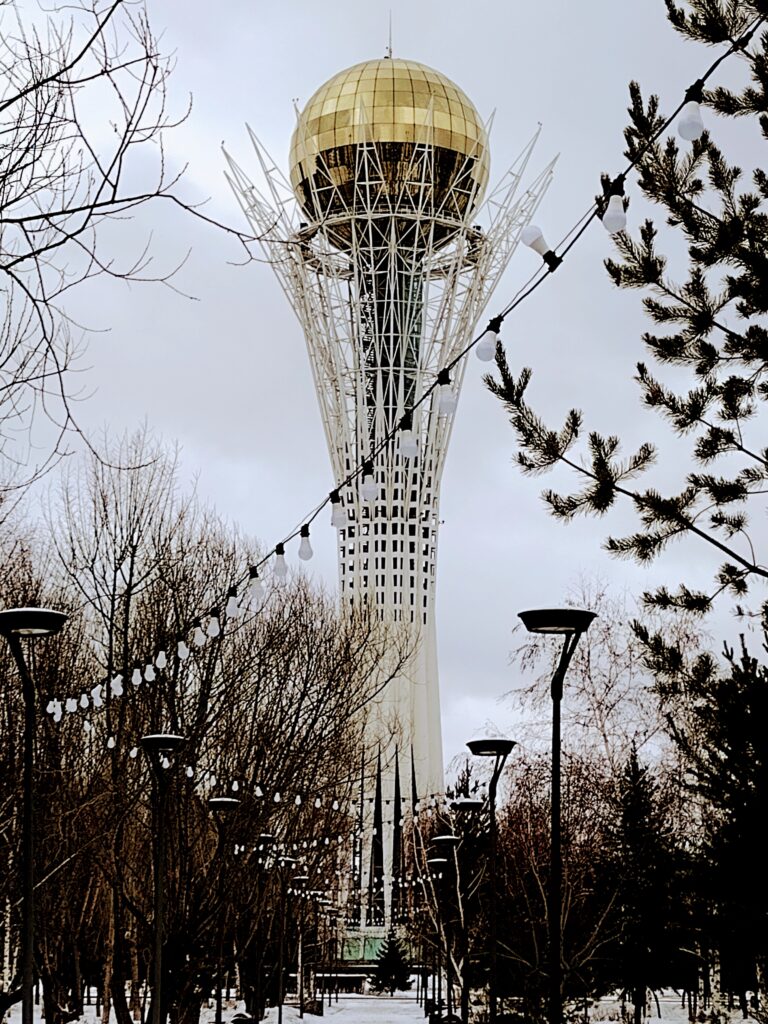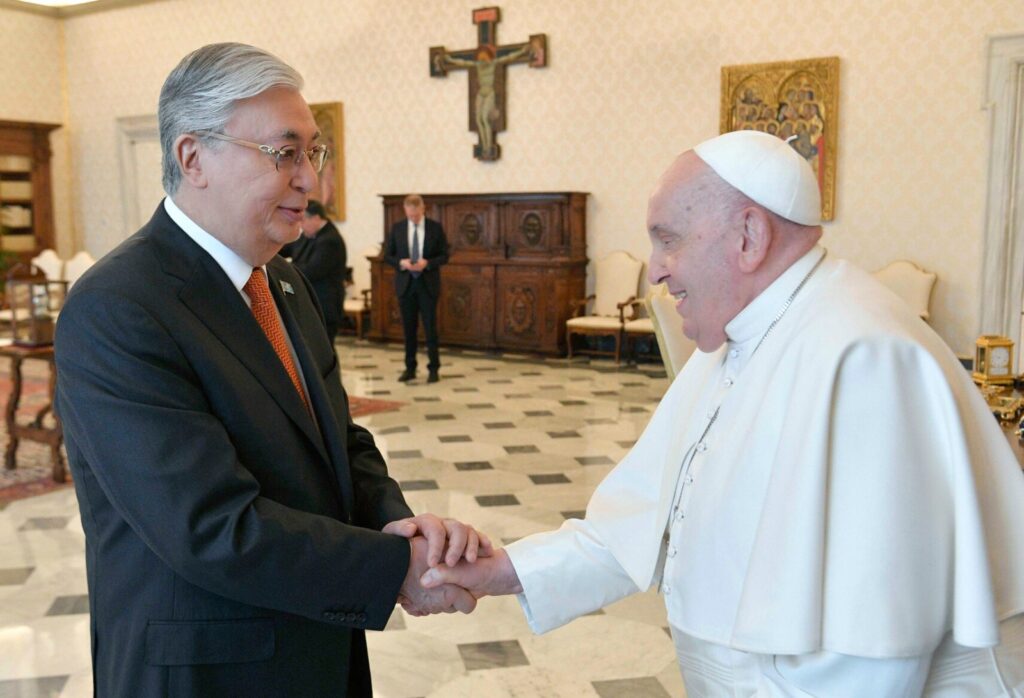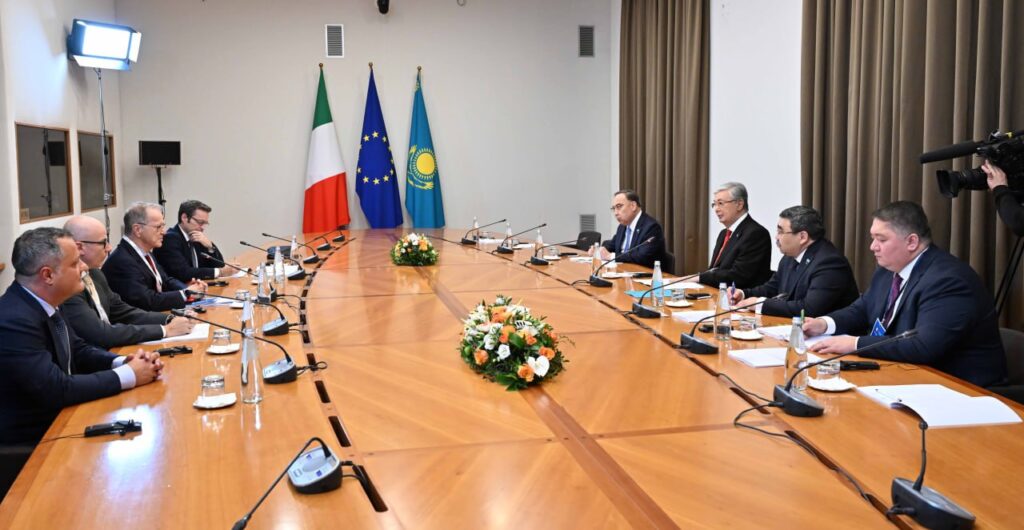Kazakhstan Could Become Main Transport Link Between Europe And Asia
Addressing the Global Gateway Investors Forum for EU-Central Asia Transport Connectivity on January 29th in Brussels, Belgium, Kazakhstan’s transport minister Marat Karabaev proposed Kazakhstan as the most sustainable main transport route between Europe and Asia. Mr Karabaev said that in the next five years Kazakhstan intends to attract investments worth €40bn ($43.3bn) in major transport infrastructure projects. During this period Kazakhstan plans to reconstruct transit corridors with a length of 4,700km and repair the roads that form the basis of the Trans Caspian Transport Corridor. “To implement these projects we propose raising funds within the framework of the EU’s Global Gateway initiative and invite European contractors to take part in the construction of roads in Kazakhstan,” Mr Karabaev said. Kazakhstan will construct 1,300km of new railway lines and modernize the existing infrastructure. This work is also aimed at increasing the transport capacity between Asia and the European Union. It is also planned to transfer 22 airports in Kazakhstan to the management of investors. To strengthen Kazakhstan’s Caspian fleet and create a container hub in the port of Aktau, investors are offered 171 hectares for the construction of terminal facilities. It is possible to transfer the seaports of Aktau and Kuryk to trust management on ship-or-pay terms, the minister said.


